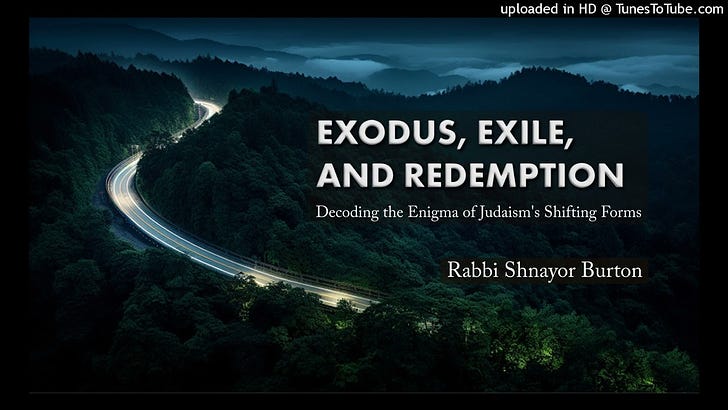EE & R, Intro_3: How to Elicit the Torah's Deepest Secrets
← Prev | Table of Contents | Next →
Introduction – The Return to Knowledge
This work and its approach will make the following thesis clear: A most sophisticated philosophy and psychology can be discovered through studying the Torah alone, on its own terms. The Torah can yield to its students a complete theology, philosophy of history and profound psychology. One must, however, study it broadly and deeply, with open ear and open mind, attuned to the unique expression of the Torah and on constant guard against unwarranted assumptions. He who does so can expect to elicit from the Torah its deepest secrets.1
← Prev | Table of Contents | Next →
Please note that my intention is not to express a viewpoint regarding the significance of studying disciplines other than Torah or the feasibility of approaching the Torah without any external influence or preconceived notions. My assertion is only that the Torah contains the most profound and essential ideas for humanity, and that it is designed to impart these ideas to those who delve into its study. Consequently, for an idea to be regarded as a genuine "Torah idea," it must be explicitly evident within the Torah itself. Otherwise, it should be classified within a different genre or discipline.



I hear this aproach, and I definitely agree that at its deepest level Torah exists within its own system and on its own terms. This is why I am so atracted to the thought of the Maharal ect. But I was wondering how you understand the aproach of the more 'rational' rishonim. Its hard to argue they aren't adressing the Torah from an Aristotelian world view, and critically this often leads to a seemingly forced understanding of the text. My understanding has been that there are different levels of Torah which can be filtered through multiple genres (seeing that Torah is infinite). Of course such interpretations can never contradict the ethics of Chazal if they are to be considered genuine Torah.
A key point to make, it seems. It would be very odd indeed if we were expected to find an embodiment of true divine purpose in "The Odyssey" for example!